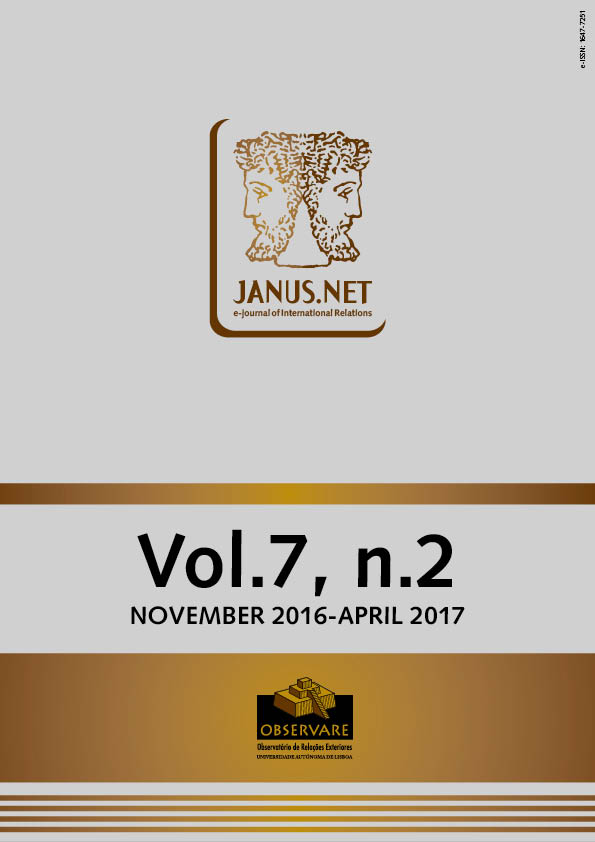In this article we will analyse the fascist regime as a politico-constitutional reality. From a new way of looking at politico-constitutional phenomena, we will interpret them as inscribed on religious grounds. We seek to show that the fascist regime was characterised as having identified the political community as Absolute. It suggests that it appears to constitute a different case in a generic politico-constitutional family of regimes that are characterised as making the political community a supreme good.
ON THE CONSTITUTIONAL ORDER IN/OF ITALIAN FASCISM
Law degree from the Law Faculty of the University Nova de Lisboa/FDUNL. Doctorate in Law from the FDUNL (Portugal), specialising in Political Science (thesis title: Constitution and transcendence: the case of communitarian regimes of the interwar). In recent years, he has been dedicated to research and the teaching of public law disciplines (Introduction to Public Law, Constitutional Law, Constitutional Portuguese Law, Administrative Law) at the Law School of the Catholic University of Porto-Portugal, the FDUNL and the European University. He has also taught (FDUNL) historical-juridical disciplines – History of (Portuguese) Institutions; History of the State – in co-regency with Professor Diogo Freitas do Amaral. Areas of interest include: historical types of State, political forms, political regimes/forms of government and systems of government, constitutionalism and relations between the politico-constitutional and religious.
Resumo
Palavras-chave
Como citar este artigo
Velez, Pedro (2016). “On the constitutional order in/of Italian fascism”. JANUS.NET e-journal of International Relations, Vol. 7, Nº. 2, November 2016-April 2017. Consulted [online] on the date of last consultation, http://hdl.handle.net/11144/2784
Article received on 5 April, 2016 and accepted for publication on 17 September, 2016















